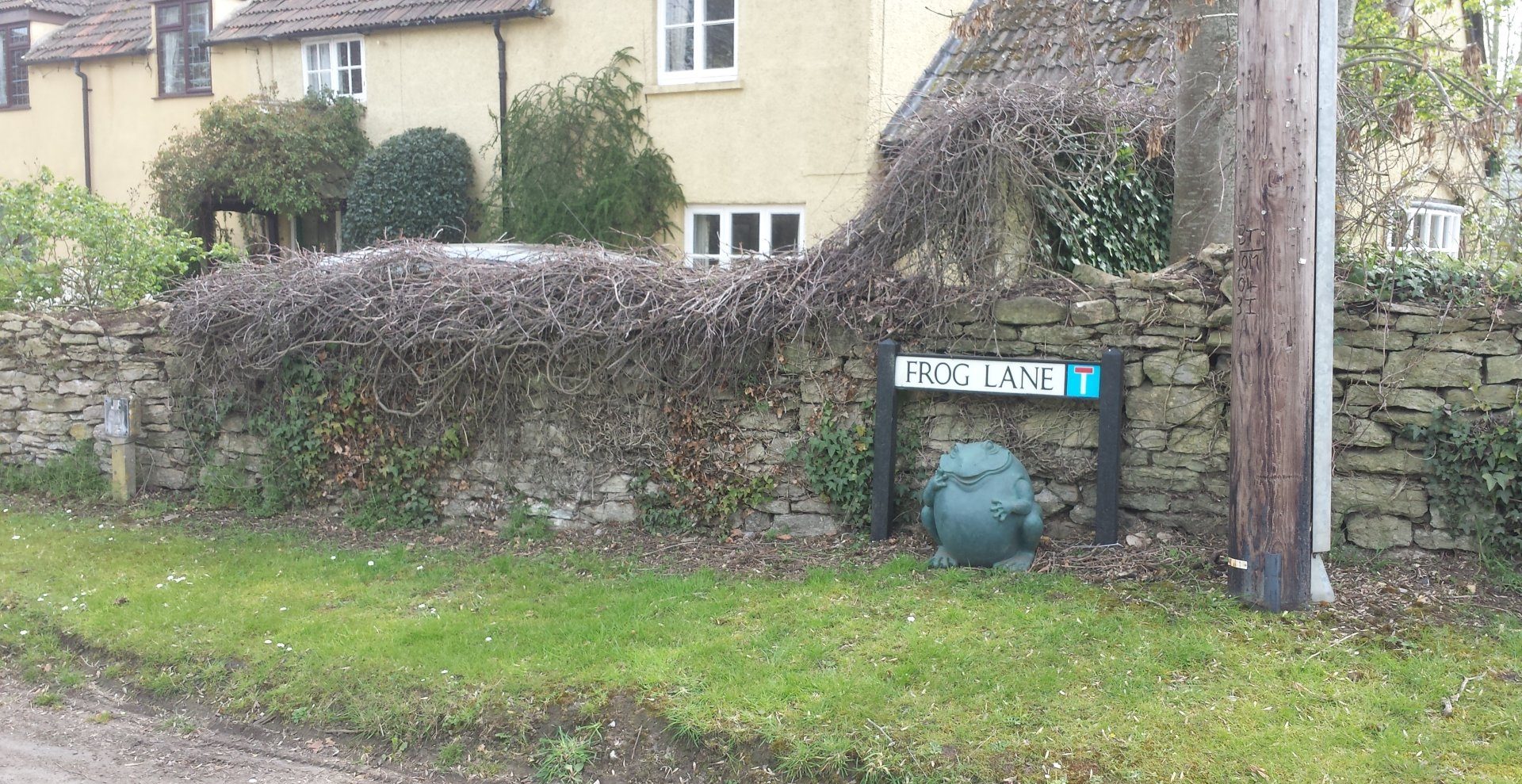We endeavour to make our website as accessible as possible to everyone, including those with disabilities and those who use assistive technologies to browse the web. Some of the ways in which we strive to achieve this are as follows:
Changing Colours, Font, Text Size and Other Settings
All modern browsers allow you to change colours and font sizes. We’ve tried to create a site which doesn’t get in the way when you change these settings.
For advice on changing settings, check out the BBC’s accessibility pages.
You can choose your operating system (e.g. Windows), your Browser (e.g. Internet Explorer, Edge, Chrome, Firefox etc) and the problem you’re trying to fix. You’ll then get lots of relevant advice on accessibility settings.
Screen Readers
A screen reader is a program which reads out the information displayed on your computer to you. Screen Readers can be useful to enable blind and partially sighted people to browse the internet and carry out other tasks using their computer.
There are a variety of Screen Readers available via the internet. The following websites contain information regarding accessibility software and resources:
Plain English
We try to write in plain English and avoid jargon. If you don’t understand something, please let us know.
How Accessible This Website Is
We believe some of our older PDF documents may not be fully accessible to screen reader software.
What to do if you can’t access Parts of this Website
If you need information for this website in a different format please contact the Clerk.
Reporting Accessibility Problems with this Website
If you find any problems that aren’t listed on this page or think accessibility requirements aren’t being met please contact the Clerk.
Enforcement Procedure
The Equality and Human Rights Commission (EHRC) is responsible for enforcing the Public Sector Bodies (Websites and Mobile Applications) (No. 2) Accessibility Regulations 2018 (the ‘accessibility regulations’). If you’re not happy with how we respond to your complaint, contact the Equality Advisory and Support Service (EASS).
Technical Information about this Website’s Accessibility
We are committed to making our website accessible, in accordance with the Public Sector Bodies (Websites and Mobile Applications) (No. 2) Accessibility Regulations 2018.
This website is partially compliant with the Web Content Accessibility Guidelines version 2.1 AA standard, due to the non-compliances listed below.
Disproportionate Burden
We have not identified anything that qualifies as disproportionate burden as of yet, but we will continue to evaluate our site and may update this if we identify issues.
Content that’s not within the Scope of the Accessibility Regulations
PDFs and Other Documents
Some of our older PDFs and Word documents may not meet accessibility standards – for example, they may not be structured so they’re accessible to a screen reader. This doesn’t meet WCAG 2.1 success criterion 4.1.2.
Some of our PDFs and Word documents are essential to providing our services. For example, we have PDFs with information on how users can access our services, and forms published as Word documents. By September 2020, we plan to either fix these or replace them with accessible HTML pages.
The accessibility regulations don’t require us to fix PDFs or other documents published before 23 September 2018 if they’re not essential to providing our services.
Any new PDFs or Word documents we publish will meet accessibility standards.
How we tested this Website
This website was last tested on 11th August2020. The test was carried out by us using the Accessibility Insights for Web extension on Chrome.
We tested our main website platform, available at www.greatsomerfordparishcouncil.co.uk
